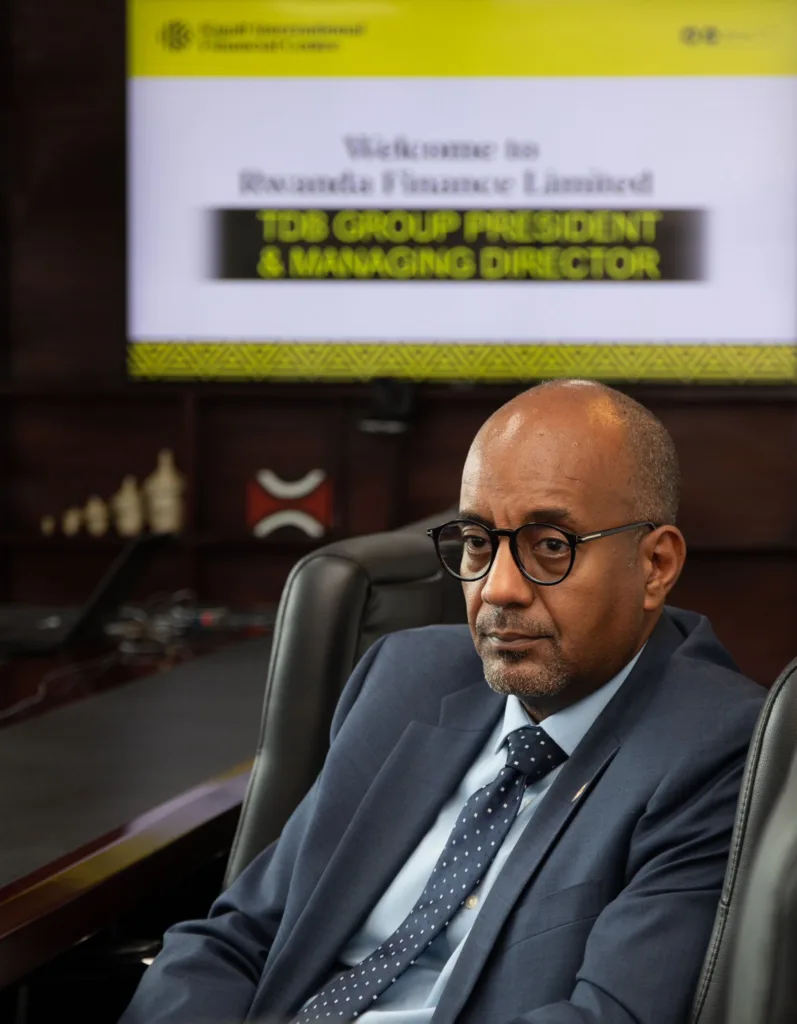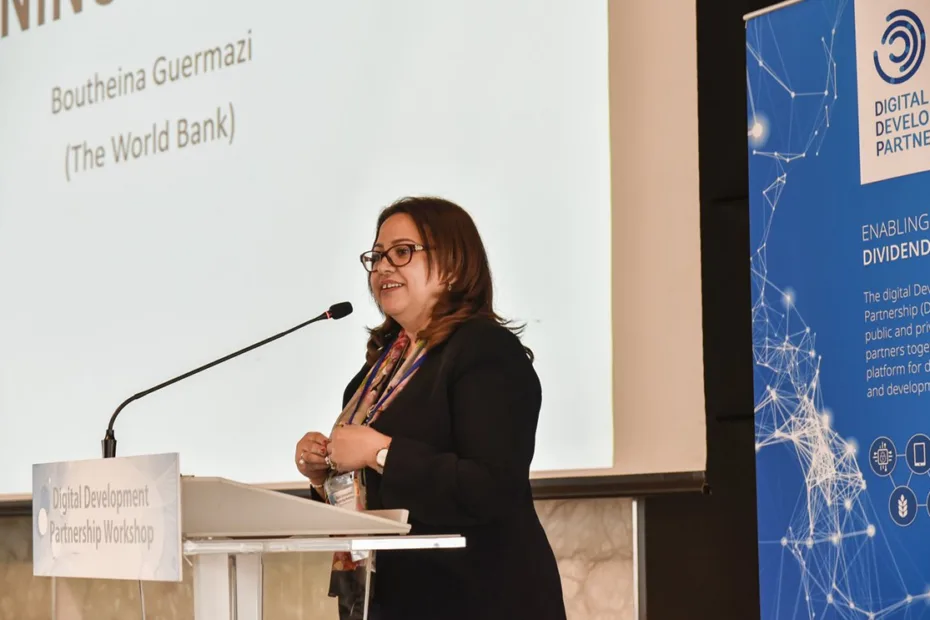In a significant move towards enhancing access to sustainable energy in Eastern and Southern Africa, the World Bank has committed nearly $300 million to the Eastern and Southern African Trade and Development Bank (TDB).
This funding aims to bolster distributed renewable energy and clean cooking ventures within the private sector across eligible nations. This nations mostly fall under the World Bank’s International Development Association (IDA) and members of TDB.
World Bank funding injection builds upon TDB’s prior successes in supporting pioneering off-grid solar initiatives in the region.
Notably, TDB received a substantial $415 million allocation from the World Bank’s Regional Infrastructure Financing Facility (RIFF) in 2020. This funds played a crucial role in advancing renewable energy projects.
Also Read: World Bank Approves $750M for Nigeria’s Largest-Ever Clean Energy Initiative
World Bank and TDB Initiatives

Likewise, the initiative forms a crucial part of the initial stages of the IDA’s ambitious $5 billion. The funds is for Accelerating Sustainable and Clean Energy Access Transformation’ (ASCENT) scheme. ASCENT aims to extend electricity access to nearly 100 million individuals in Africa over the next seven years. This aligns with the Sustainable Development Goal 7 (SDG 7). This goals ensure access to affordable, reliable, sustainable, and modern energy for all.
Under this phase of ASCENT, the ASCENT COMESA Regional Acceleration Platform will be managed by the COMESA Secretariat. This will come along with programs in four selected countries chosen for their diverse energy access levels and regional contexts.
However, the support from the World Bank is backed by IDA funds and contributions from the Energy Sector. It will enable the establishment and execution of the ASCENT Regional Energy Access Financing Platform (REAF) by TDB.
The ASCENT REAF is expected to facilitate electricity access for approximately 5 million people. More so, it will improve clean cooking facilities for around 1 million individuals. At the same time, it will contribute up to 35MW of energy capacity in the targeted areas.
World Bank financing avenues will be available for DRE and clean cooking firms through various channels. They include such as direct loans, co-financing, or on-lending via financial intermediaries.
Moreover, smaller loans for Small and Medium Enterprises (SMEs) will be provided through the TDB Group’s Trade and Development Fund (TDF).
In addition to financial support, performance-based grants will extend to assist businesses in exploring new markets. It will also experiment with innovations, and fostering sector growth.
Also Read: Global Financial Pact Summit: Kenya’s President Asks IMF & World Bank to be Fair
Insights from Banks Presidents
Admassu Tadesse, TDB Group President and Managing Director, highlighted the critical need for boosting financing intermediation. This includes concessional finance, to attract more private capital towards sustainable and clean energy access in Africa. He emphasized TDB Group’s commitment towards a just energy transition, which includes adding low-carbon energy capacity in its markets to enhance energy security and sustainable growth while reducing greenhouse gas emissions.
On the other hand, Boutheina Guermazi, World Bank Director for Regional Integration in Africa and the Middle East emphasized the pivotal role of sustainable and affordable energy access in Africa’s development and poverty reduction efforts.
More over, She expressed the World Bank’s commitment to leveraging its partnership with TDB Group. The partnership will unlock additional financing sources for various private sector actors through the new ASCENT Regional Energy Access Financing Platform (REAF).
The collaboration between the World Bank and TDB Group through ASCENT marks a significant step towards addressing the energy access challenges. This collaboration, ultimately contributes to the region’s sustainable development goals and improving the lives of millions.


